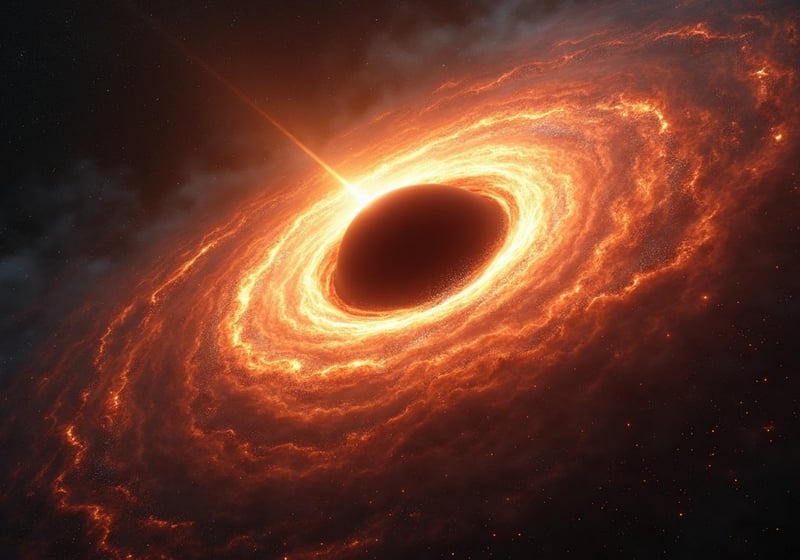Wormholes
The Science Behind Time Travel and Wormholes
Time travel has long been a fascinating concept in science fiction, but is there any scientific basis to it? Let's delve into the intriguing world of time travel and explore the concept of wormholes.
Time Travel
According to Einstein's theory of relativity, time is relative and can be affected by gravity and speed. This theory opens up the possibility of time dilation, where time can move at different rates for different observers.
One of the most famous experiments supporting time dilation is the Hafele-Keating experiment, where atomic clocks were flown around the world, and their time readings were compared to stationary clocks. The results showed a slight but measurable difference, confirming the effects of both speed and gravity on time.
Wormholes
A wormhole, also known as an Einstein-Rosen bridge, is a theoretical passage through spacetime that could create shortcuts for long journeys across the universe. In theory, if traversable wormholes exist, they could potentially allow for time travel.
However, wormholes come with numerous challenges. The main obstacle is stability; traversable wormholes would require exotic matter with negative energy density to keep them open and prevent them from collapsing. So far, no evidence of such exotic matter has been found.
Conclusion
While time travel and wormholes remain theoretical concepts, they continue to capture the imagination of scientists and science fiction enthusiasts alike. The quest to understand the mysteries of the universe and the nature of time is an ongoing journey that may one day unlock the secrets of time travel.

Image source: Pixabay
